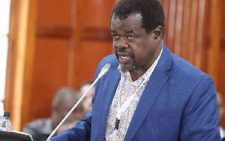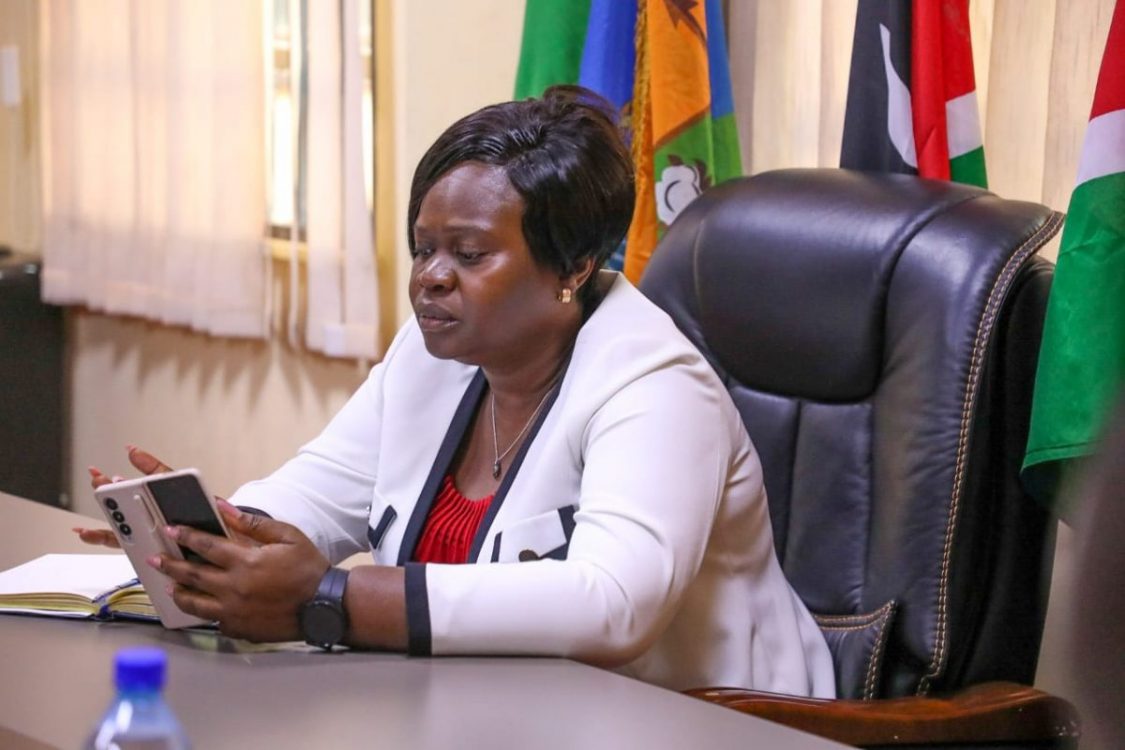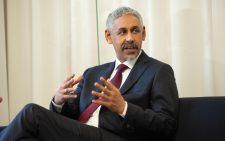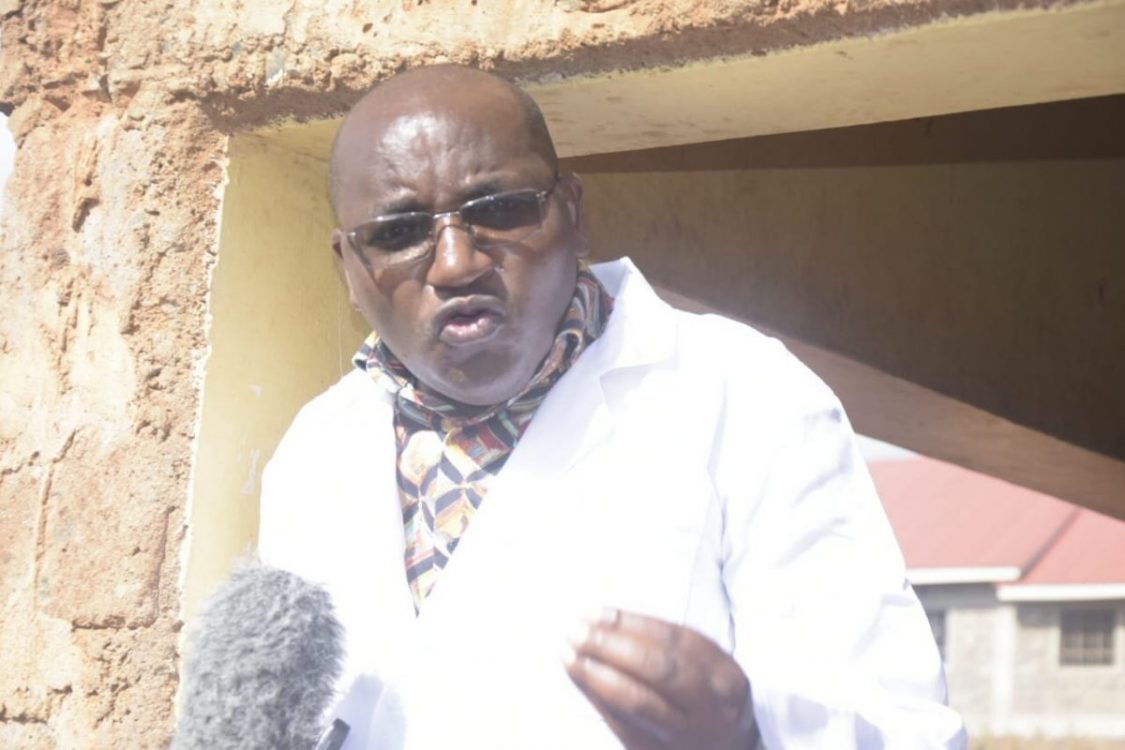On Nairobi gas explosion, EPRA dropped the ball
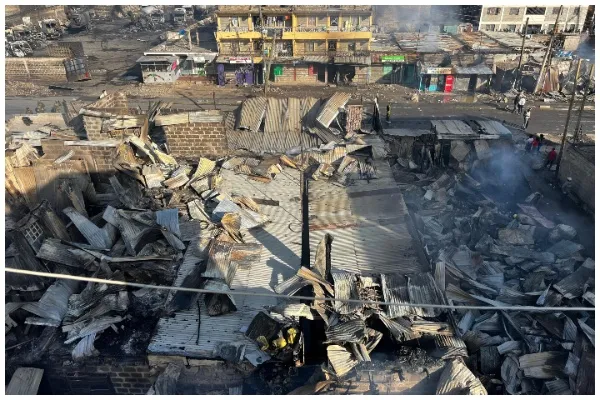
The Energy and Petroleum Regulatory Authority (EPRA) is facing intense scrutiny following last week’s tragic explosion at an unlicensed cooking gas filling plant in Embakasi, Nairobi.
The authority is supposed to conduct random surveillance and enforcement on liquefied petroleum gas businesses to enhance compliance, safety and consumer protection.
In other jurisdictions, someone would have stepped down immediately in response, but in Kenya, life goes on as we wait for another incident.
The explosion, which claimed lives and injuries and caused significant damage to businesses and households, raises fundamental questions about EPRA’s responsibility and the effectiveness of its regulatory measures.
This includes a critical examination of its oversight role in monitoring firms that may be operating without permits.
I believe EPRA’s role extends beyond the mere rejection of construction permits. The failure to prevent the unauthorised operation of the gas filling plant demands a self-examination of the regulator’s monitoring mechanisms and enforcement capabilities, especially how they work with the police and the public to get crucial information.
Under Section 11 (e) of the Energy Act 2019, EPRA is mandated to make and enforce directions to ensure compliance with the Act and the conditions of licenses issued.
The Petroleum Act 2019 and the Petroleum (Liquefied Petroleum Gas) Regulations 2019 require individuals to undertake the business of liquefied petroleum gas by the terms and conditions of valid licenses issued by the authority.
While rejecting construction permits for the firm was the right thing to do, it appears insufficient in preventing operations that pose risks to public safety.
In its defence, EPRA says it had denied the firm permission three times last year.
EPRA acknowledged genuine safety concerns and the high population density around the proposed gas-filling plant site as some of the reasons they did not give the firm a license to operate.
But clearly, someone must have allowed whatever levels of operations to continue at the site, ultimately leading to the explosion.
The oversight gap raises the question of why more proactive measures were not taken to ensure compliance with safety standards. EPRA, with the assistance of other security operatives, must leverage robust mechanisms to assess permit applications and ensure that rejected proposals do not materialize into operational hazards.
Understanding the source of the blast could reveal gaps in the information chain that allowed an unlicensed plant to slip through regulatory cracks.
In this case, EPRA should have implemented constant on-site inspections and regular monitoring to confirm that the unlicensed gas filling plant was not operational.
If the regulatory body fails to supervise and enforce compliance with safety standards adequately, it bears a considerable share of responsibility for the tragic incident.
The incident prompts a critical evaluation of existing regulations. Are they sufficient to prevent such occurrences, or is there a need for more stringent guidelines? Considering the evolving landscape of safety standards and technological advancements, an adaptive regulatory approach is crucial to avoid potential risks and ensure public safety.
Accountability is paramount in rebuilding public trust in regulatory bodies. EPRA must acknowledge its shortcomings, take responsibility for the lapses that led to the tragic incident, and outline concrete steps for improvement.
The tragic explosion emphasizes the necessity for a comprehensive review of EPRA’s monitoring mechanisms, enforcement capabilities, and overall regulatory framework.
EPRA needs to enhance more transparency regarding how it sources information, work closely with the public and law enforcement officers to help verify the legitimacy of operations, and address any lapses in data collection to avoid trouble in future.
Only through transparent accountability, a commitment to improvement, and a responsive regulatory approach can EPRA regain public trust and ensure safety of the energy and petroleum sector.
—The writer is the Business Editor, People Daily
